What Can You Do When Your Child Is Taken Out of the Country?
 Custody disputes during a divorce can be contentious and complex on their own, but when one parent removes a child from the U.S. without the approval of the other, the issues become exponentially more difficult, crossing over into the criminal law realm. In some cases, the country to which the child has been removed may not be a signatory to the Hague Convention. This makes resolving the issue considerably more complex.
Custody disputes during a divorce can be contentious and complex on their own, but when one parent removes a child from the U.S. without the approval of the other, the issues become exponentially more difficult, crossing over into the criminal law realm. In some cases, the country to which the child has been removed may not be a signatory to the Hague Convention. This makes resolving the issue considerably more complex.
Through the Department of Justice, removing a child to another country is punishable by a fine, imprisonment for up to three years, or both. The Federal offense for international child abduction cases was created to supplement the existing State remedies in parental abduction cases, including the use of Unlawful Flight to Avoid Prosecution (UFAP) warrants.
These situations require a highly experienced Chicago, IL international child abduction attorney who has a comprehensive understanding of how jurisdictional matters are settled in U.S. courts and other countries. The International Child Abduction Remedies Act (ICARA) governs the procedures used when the Hague Convention is implemented.
What Is the Hague Convention?
As an international treaty that provides a legal framework for the return of children who have been wrongfully taken across an international border, the Hague Convention allows a parent to file an emergency petition to have a child returned. Parents who seek the return of a child unlawfully taken to another country must show that:
- The child resided in a Hague Convention Country prior to the abduction.
- The child’s removal violated the custody rights of the parent filing the petition.
- The parent was exercising his or her custody rights at the time the child was unlawfully removed.
How Are Hague Convention Cases Handled by Federal Courts?
A Hague Convention case will focus on jurisdiction, not the custody arrangement that is considered in the child’s best interests. A U.S. federal court must resolve the case as quickly as possible to avoid delays that could make the return of the child more difficult.
Federal judges must apply the Hague Convention’s provisions consistently, according to international treaty obligations. If the court orders the child to be returned, federal agencies and local law enforcement may work together to ensure compliance.
Can Hague Convention Cases Be Heard in State or Federal Courts?
A parent who believes his or her child has been wrongfully removed files the initial petition. This petition must be filed in the jurisdiction where the child is located. ICARA allows Hague Convention cases to be filed in federal or state courts. The parent who files the petition must show evidence that the child was removed wrongfully.
The parent responding to the petition must provide strong evidence that returning the child to the other parent would place the child at significant risk. The parent who took the child out of the country may also claim that the parent filing the petition initially consented to the child’s removal from the United States.
If more than a year has passed since the child was removed and the parent who removed the child can prove the child has settled into his or her new environment, the court may allow the child to stay with the parent who removed him or her. The child’s wishes are only considered if the child is old enough and mature enough for the court to consider his or her opinion.
Contact a Will County, IL Hague Convention Child Abduction Lawyer
If your child has been unlawfully removed from a parent’s care, it is important to have a highly experienced Joliet, IL child abduction lawyer from Komie and Associates by your side. Attorney Komie has extensive experience as a delegate to the Hague Convention and as an attorney representing clients in international child abduction cases. Call 312-263-2800 to schedule your free consultation.


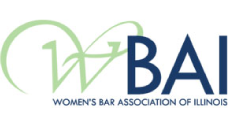
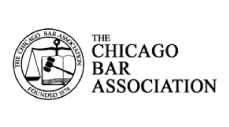

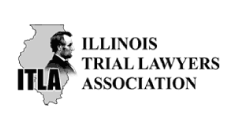

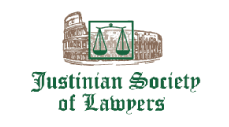

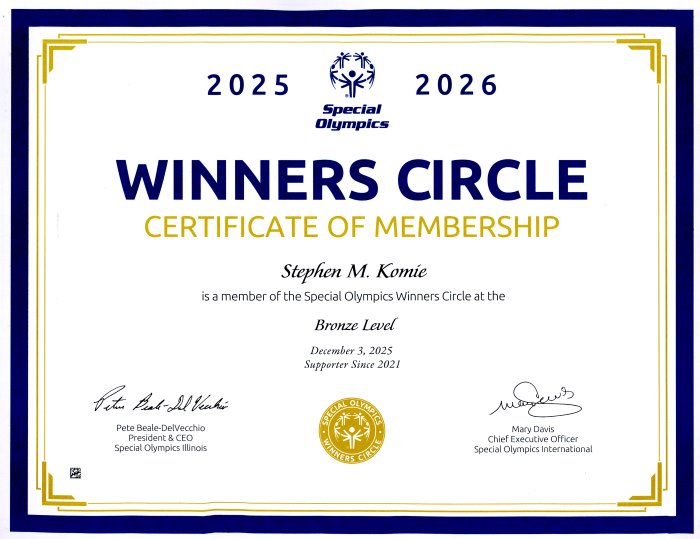
 Map & Directions
Map & Directions




